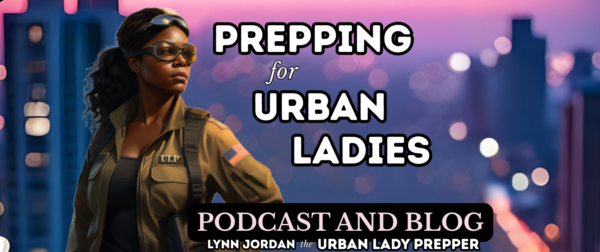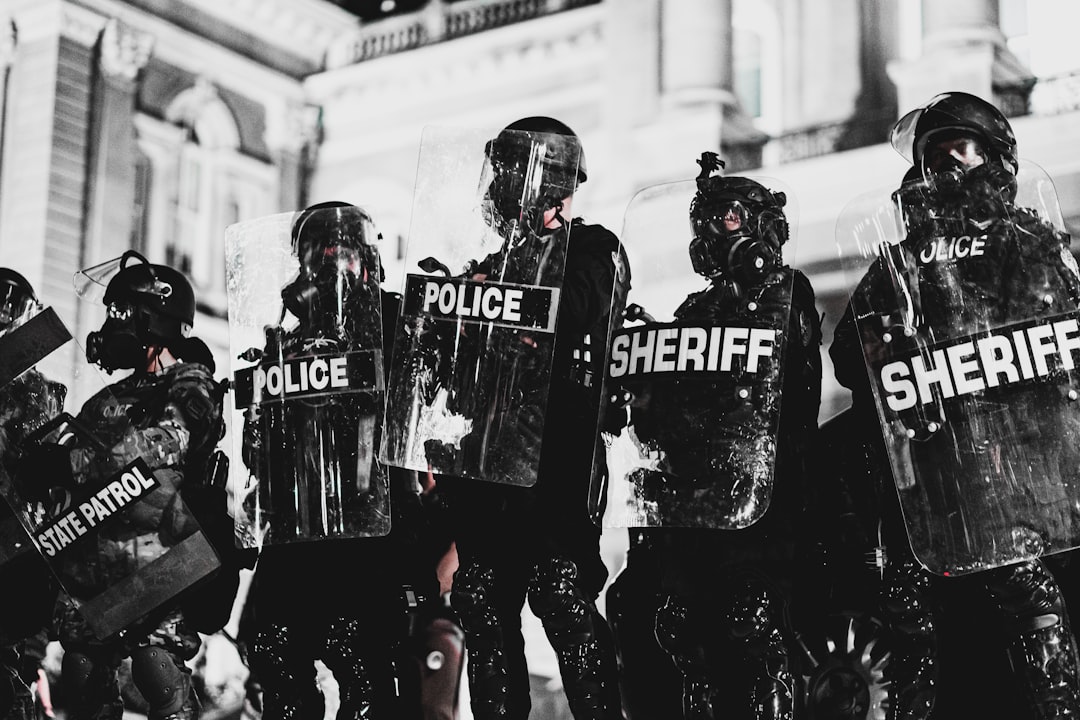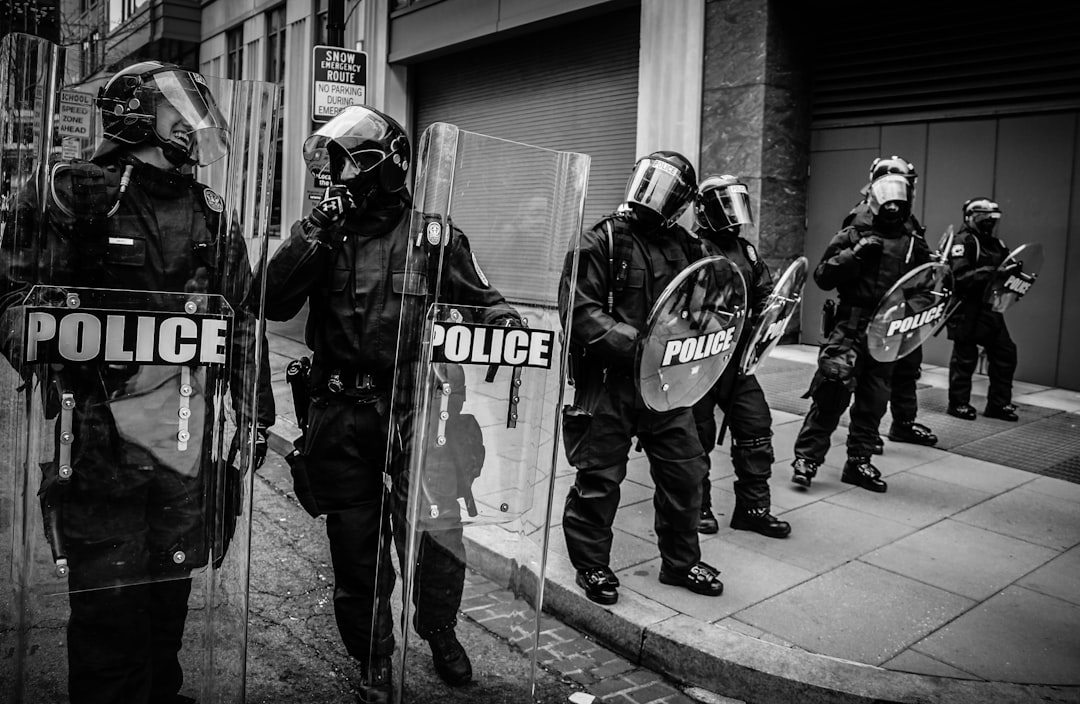
Many civilians—especially preppers—are worried that martial law could be enacted at some point, and it appears we may be getting closer to that possibility now more than ever. Therefore, it’s crucial to understand what this entails. With its roots deeply embedded in history, martial law is a government’s tool to maintain control during emergencies. But what does this mean for the average citizen? From the origins of martial law to its effects on civil rights, it’s essential to grasp how such measures can transform daily life and governance. This guide aims to provide a clear and accessible explanation of martial law, demystifying its implications and encouraging you to stay informed through various news sources. For more information, check out this comprehensive explanation of martial law.
Understanding Martial Law
Understanding martial law is essential, as it can significantly alter the governance landscape and personal freedoms during emergencies. This section explains what martial law means and traces its roots through history.
Martial Law Explanation
Martial law is a situation in which military authority replaces civil authority. It’s often declared in response to significant emergencies like natural disasters or unrest. Under martial law, the military assumes control, and civil liberties may be suspended.
For instance, curfews may be imposed, and military personnel could be stationed to enforce order. A comprehensive overview of martial law concepts can be found here.
Understanding this concept helps recognize potential limitations on personal freedoms. Martial law isn’t invoked lightly; it responds to extraordinary circumstances. For further reading, explore this detailed explanation.
Origins of Martial Law
Martial law has been used for centuries, originating when military leaders needed to restore order quickly. It has been used during wars or civil unrest when standard law enforcement mechanisms fail.
Martial law has a storied past in the United States, often tied to pivotal moments like the Civil War. The Brennan Center provides an in-depth exploration of its historical use and legal implications.
Understanding its origins helps explain why it’s seen as a measure of last resort, highlighting the balance between security and civil liberties. For more historical context, see this Wikipedia entry.
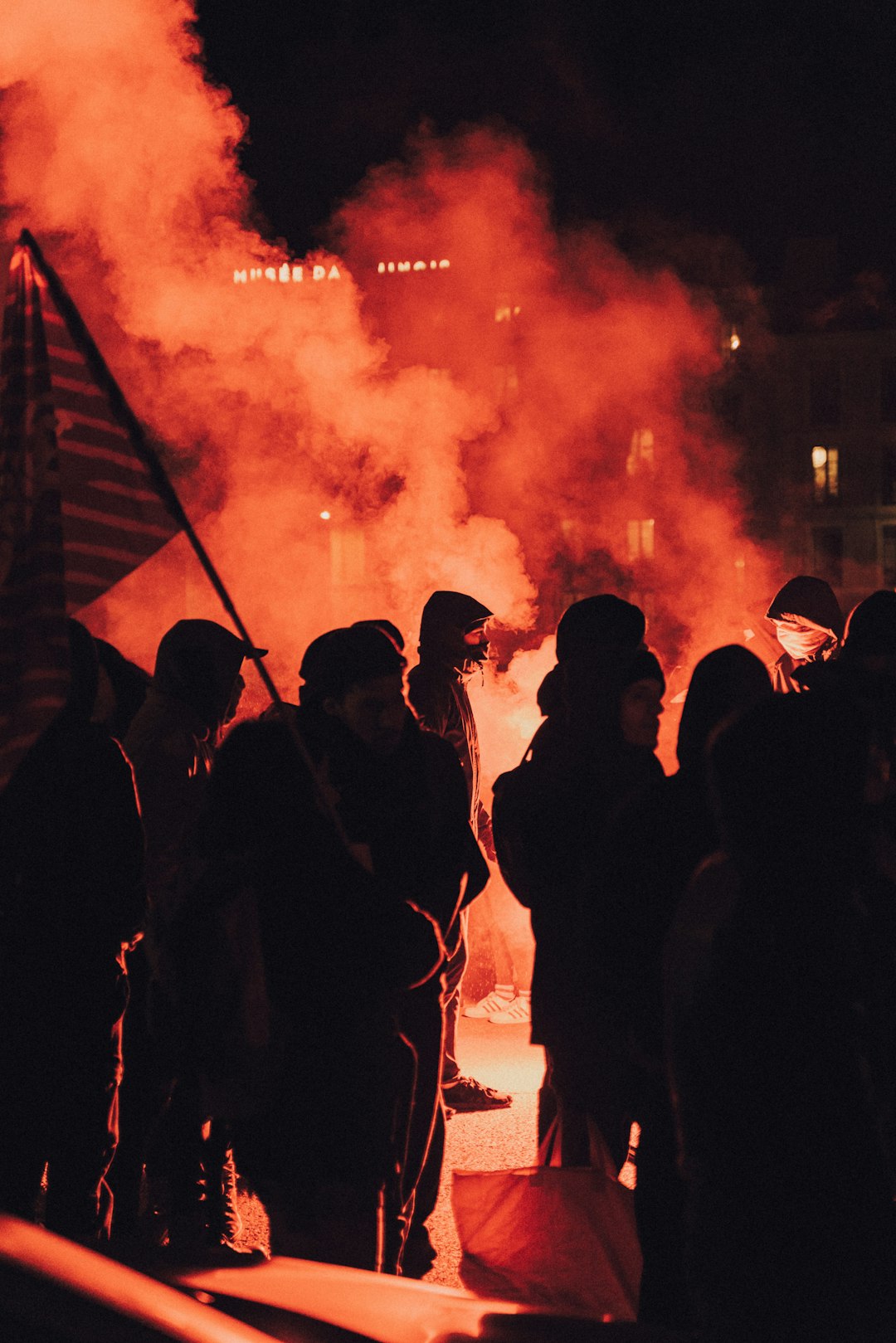
Implications for Society
When martial law is in effect, its implications for society are profound. This section explores the immediate and long-term impact on civil rights.
Effects of Martial Law
Martial law’s effects extend beyond military presence. It often results in restricted movement, changes to judicial processes, and heightened government control.
Curfews can disrupt daily life.
Military tribunals might replace civilian courts.
Media censorship is possible to maintain order.
These changes can lead to uncertainty among citizens, affecting everyday activities and morale. Martial law can also impact businesses, potentially disrupting operations and economic activities.
Understanding these effects is crucial for preparedness and resilience during such times. For more insights, refer to this resource.
Civil Rights During Martial Law
Civil rights during martial law can be significantly challenged. Customary rights like freedom of speech, assembly, and movement might be curtailed.
Freedom of speech: Limited to prevent unrest.
Right to assembly: Restricted to control gatherings.
Legal protections: Diminished under military justice systems.
These restrictions aim to stabilize the situation but can lead to debates over the balance between security and freedom. The effects on civil rights require vigilance and advocacy to restore them promptly once the situation normalizes.
For further reading, explore this detailed analysis.
Staying Informed
Staying informed is critical during potential martial law. This section emphasizes the importance of paying attention to news and gathering information from diverse, reliable sources.
Pay Attention to Official Channels & News
Paying attention to official channels and news is vital to stay updated during uncertain times. They provide real-time updates on changes and developments.
Monitor major news channels for official announcements, such as curfews, travel restrictions, and other regulations.
Follow government websites for reliable information.
Follow local news as specifics of martial law can vary depending on the circumstances and the jurisdiction.
Engage with community forums to understand local impacts.
Staying informed helps you react promptly and make informed decisions. It ensures you’re aware of any restrictions and can plan accordingly. For more guidance, see the Brennan Center.
Diverse News Sources
Relying on diverse news sources ensures a well-rounded understanding of the situation. Different perspectives can highlight various aspects of martial law’s implementation.
International news offers an outside perspective.
Independent media might provide in-depth analyses.
Social media can offer immediate updates but requires verification.
As always, and especially during martial law, it’s crucial to distinguish between official information and rumors. Diversifying your news sources gives you a comprehensive view, reducing the risk of misinformation. This approach empowers you to understand the broader implications and prepare effectively.
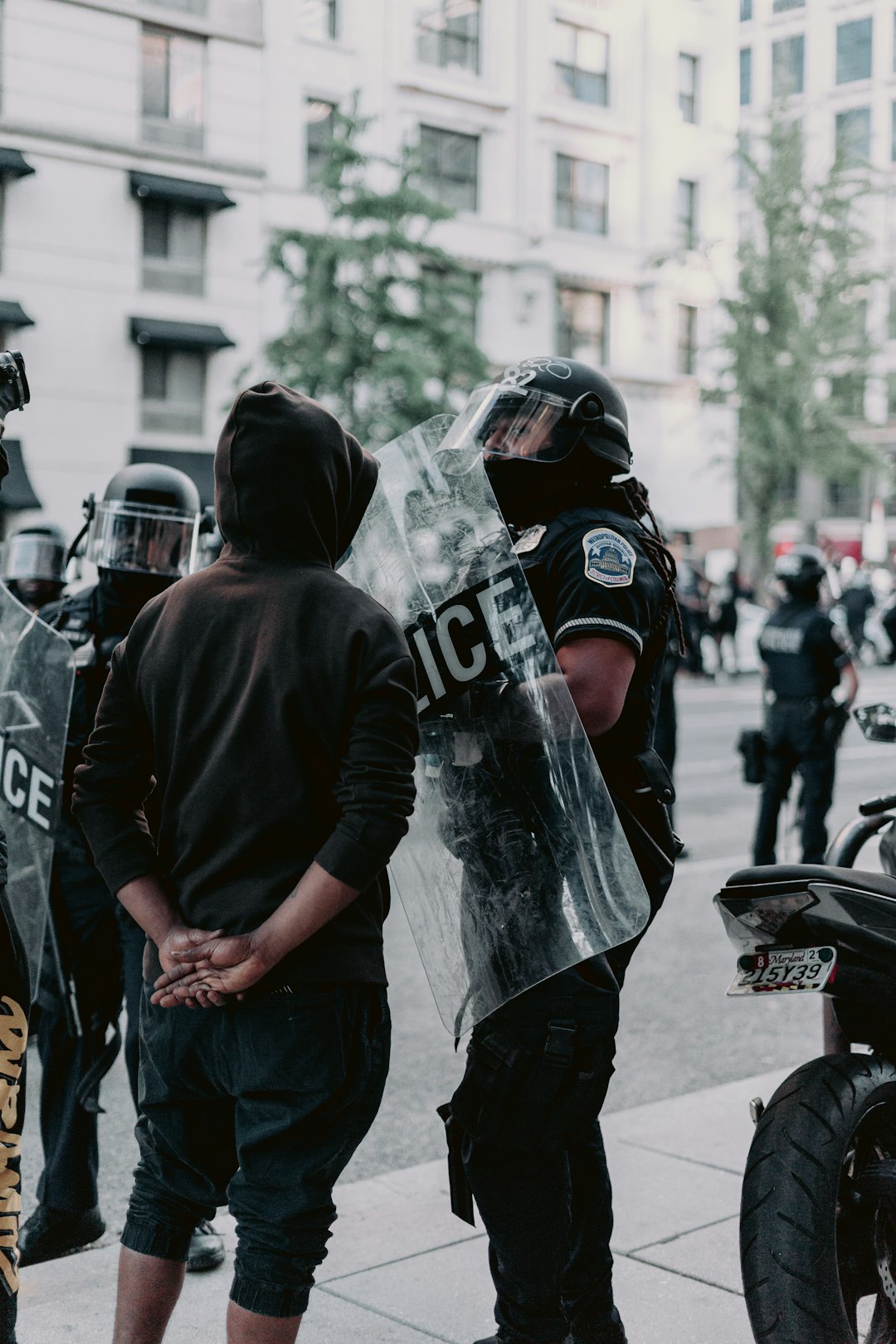
What to do If Martial Law is Declared
If you have prepared and have a stockpile of food, water, and medication, you will be in a better—and safer—position, as you will be spending limited time outside. It is important to note that martial law is a very serious event that can drastically alter citizens’ everyday lives. There may or may not be actual chaos in the streets, but what’s important is what to do should martial law be called.
Stay Aware
Martial law is not a uniform concept. Its implementation and the specific regulations imposed can vary significantly depending on the jurisdiction, the reasons for its declaration, and the authorities enforcing it. It can be a fluid situation, and things may change rapidly. Nothing is worth losing your life or freedom, so remain aware of changes! Emotions will be high; you must be alert and use your situational awareness skills. You can read my earlier article regarding civil unrest here.
Ensure you can receive updates reliably should there be a change in curfew hours or other restrictions in your area.
Weapon possession rules will vary, from limitations to confiscation. Knowing what rules are being applied in your area is very important.
Prioritize Safety
Stay indoors whenever possible, especially during curfew hours.
Do not call attention to your home, especially if there is a lot of chaos and a strong military and law enforcement presence. You do not want your home to be a magnet for desperate or dangerous people or risk having cops or soldiers pound on your door.
If you are outside, remain calm and avoid actions that could be perceived as threatening. If you believe your citizenship might be challenged, be sure to have a notarized copy of your passport or birth certificate (yes, I hate to say that).
Comply with Authorities. Follow the instructions of military and law enforcement personnel. Non-compliance can result in severe consequences. Expect that martial law will bring out the worst in everyone – including the authorities.
If there is widespread rioting or other chaos, DO NOT go outside unless it’s an absolute medical emergency.
You want to make your home look non-descript or unoccupied. Keep noise to a minimum. If you are not to use firearms, make sure you have other items you can use for defense, like bats.
Keep your doors and windows locked. Have your doors braced. If you have time, board your windows facing areas of conflict, heavy traffic, or a lower level that can be easily breached. For tips, read my two articles, Lock Down Your Lair – Practical Home Security, Parts 1 and 2.
If people are desperate and looking for food and water, avoid cooking with heat as much as possible unless you can contain the smoke and aromas. If hungry people can smell it, you’ll have a problem.
Don’t put out too much trash; if you can, don’t put out any. If you’re trying to make the house look unoccupied or that you have little, a large pile of garbage shows people…and stuff. You don’t want to attract scavengers, either.
If enough chatter about martial law being enacted makes you want to evacuate to a safer location (ideally your bug-out location), make that decision as soon as possible. Trust your gut. If you have preps you need to have at your destination, make that extra trip with what you can early if at all possible. This way when you bug out for real, you won’t have all this stuff (and people) in your vehicle that may attract the wrong kind of attention. Avoid the usual routes, as they may be clogged.

Protect Your Rights
Even under martial law, some legal protections may still exist. Seek legal counsel to understand how your rights may or may not be infringed.
Seek legal counsel as soon as possible if you believe your rights have been violated.
Keep documentation of any interactions with authorities.
Preserve Documentation! If possible, keep records of events, particularly any interaction with military or law enforcement personnel.
If martial law is enacted, it will be a very dark time. Of course, no one wants this. But, with events becoming more extreme and unpredictable, being prepared and having a plan will help you get through it safely and without undue suffering.
